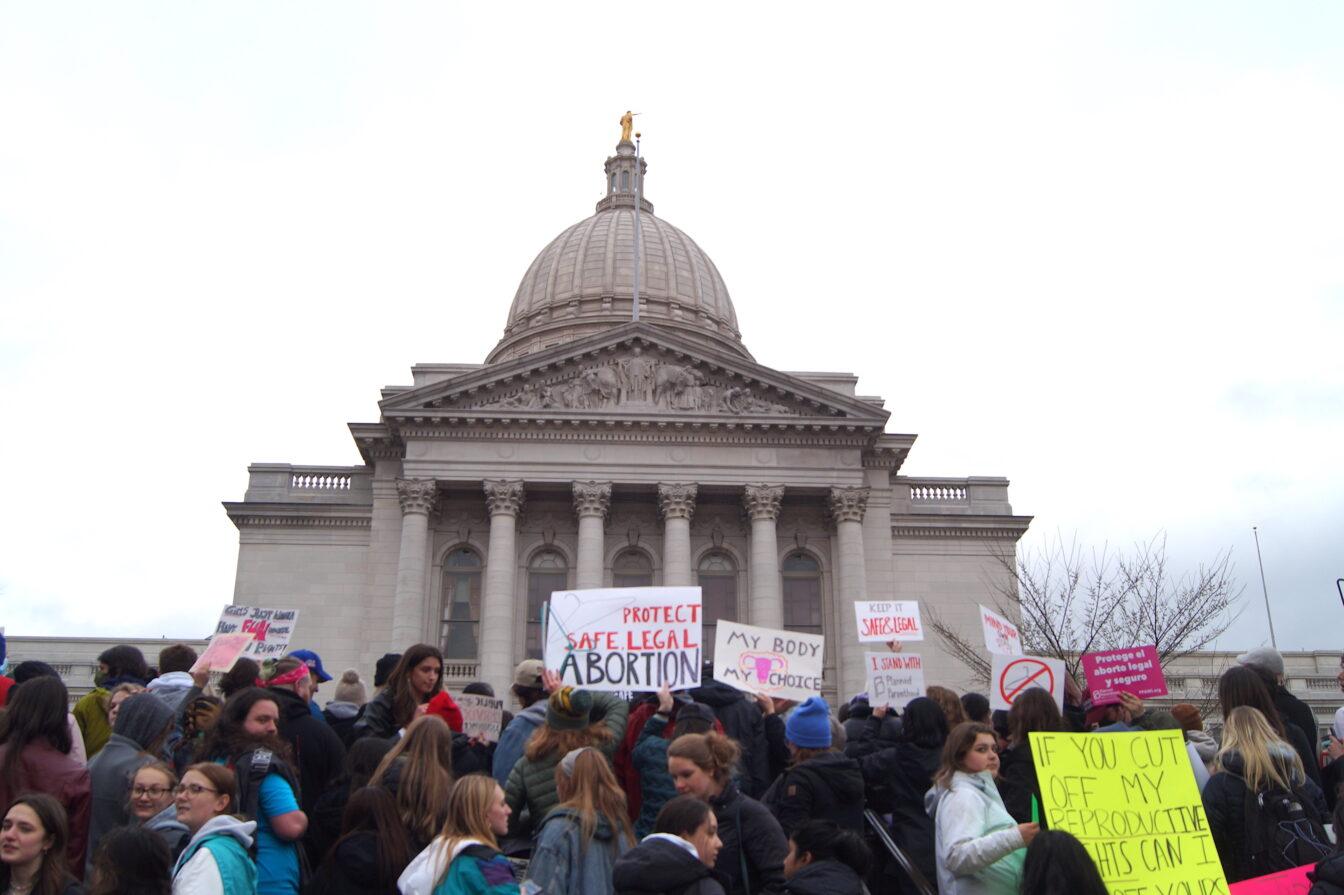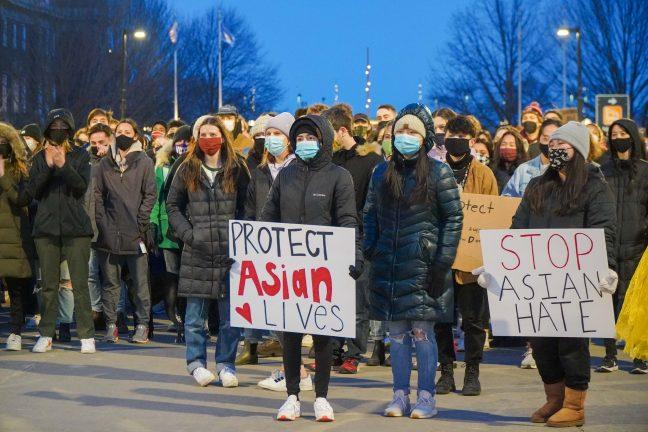Four months since the beginning of the demonstration in Kiev and the ousting of the Ukrainian President Yanukovych, the situation in Ukraine has changed dramatically. Since then, Ukraine has established a transitional government led by the Ukrainian Parliament. Not long after the formation of this transitional government, Russian President Vladimir Putin ordered his troops to occupy Crimea, a vital strategic port with a Russian-speaking majority. As a result, the Crimean government under pro-Russian leader Sergei Aksyonov decided to vote on a referendum about joining the Russian Federation. Ukraine refused to recognize the referendum and demanded the dissolution of Crimean Parliament. The result of the referendum was a landslide in favor of leaving Ukraine and joining Russia.
Hundreds of pro-Russian residents took to the streets of Simferopol in a big celebration of Russia’s decision to annex Crimea March 18. As many have predicted, Russia finally did it. Now, St. Andrew’s tricolor is everywhere, marking another bitter defeat of justice. Despite the West’s strong opposition, the reality is that Crimea has rushed into Russia’s embrace, at least for now.
Despite Putin’s excuse of “protecting Russian citizens and helping to stabilize the chaos,” many agree that his stabilization tactics were nothing but aggressive actions without any regard for Ukrainian sovereignty. As a result of Putin’s success, a dangerous precedent has been created which Russia can use to justify its future intervention in the former Soviet countries. Therefore, Ukraine is a crucial component of Putin’s dream of a Eurasian Union. If he cannot prevent Ukraine from gaining total freedom and independence from Russian influence, he has to at least bite a chunk of meat, the vital region of Crimea, before letting Ukrainians go. Just as a wounded bear will act aggressively and irresponsibly, Russia’s aggregated intervention under twisted excuse is an obvious menace to global security.
President Barack Obama is far from innocent in the current crisis. In fact, “The crisis is the ultimate result of a feckless foreign policy where nobody believes in America’s strength anymore,” says Senator John McCain of Arizona. During the Obama presidency, the United States has lost in numerous arenas. In Iran, he facilitated a treaty that would do nothing except provide Iranians with precious time for recovery and thus make it capable of developing its nuclear program. In Syria, the U.S. failed to prevent President Assad from using chemical weapons on his fellow Syrians. Nearby in Afghanistan, the White House still cannot convince President Karzai to sign the security agreement.
Similarly, a series of diplomatic failures contributed to Putin’s confidence in deploying troops to Ukraine. Obama did not stand firm on the original ground, but rather offered compromises one after another. While I do appreciate Obama’s efforts in keeping our nation out of foreign wars, an inactive and irresolute U.S. will only contribute to out-of-control situations in the long-run, just as it has in Ukraine. In a recent poll conducted by Fox News, Obama’s approval rating on foreign policy hit a new low, a 33 to 56 percent margin.
Given these low approval numbers, many may wonder if things would be different if someone else was in charge. Remember the 2012 presidential campaign when Mitt Romney’s concerns on Russian threat was ridiculed by Obama as backward and absurd Cold War foreign policy? Maybe everyone should have taken his warning a little more seriously. The entire country, except hardcore Obama fans, disagrees with Obama’s performance on international stage. A shift in direction is not only necessary, but also pressing.
Admittedly, the West has lost in the Crimean question, but not the entire game. It is the time for the West to prove that it is still a stronghold of justice. Stop fantasizing for Russia’s morality; what speaks loud in a crisis is hard actions. It is true that we must prevent an unwise and destructive military showdown with Putin, but this does not mean that Russia can go without receiving any punishment it deserves. A sanction beyond Putin’s expectation is a must. Obama’s plan on visa bans and frozen assets on those in Putin’s close circle and the Russian government is a step in the right direction, but we must expand the range and make it harsher. We need to prepare an embargo on Russian exports while cutting off any arm sales to the Kremlin, suspend Russia’s membership in the Group of Eight (G8) or even kick it out entirely if necessary, and provide essential financial support to Ukraine until a stable government can be established after the May election. Ukraine cannot afford a war with Russia nor can it agitate massive protest in pro-Russian Crimea, but it can slap the bear in the face by becoming a strong democracy, something that must be constructed under European Union and American help.
In the long run, the international community should work together to reduce reliance on Russian oil and gas, which accounts for up to 75 percent of all exports and thus become the fundamental part of Russian economy, and to cut Russia from international financial system. It can be quite difficult, though, given EU’s deep dependency on Russian resources. However, it is time for the U.S. to assume leadership. Countries like Russia have to be held accountable and responsible in their actions. We have no time to regret past mistakes; we need to move forward. America must adopt a strong foreign policy that can stand firmly on the principles and earn trust from our vital allies around the world. Putin must be taught that Ukraine is not his property, and he has no right to touch it.
The Kremlin has hinted its revenge against sanctions on the West; however, we cannot submit to the bear’s roar. The Ukraine crisis is not a Cold-War-style hostility between the U.S. and Russia; it is a battle between the right and the wrong.
Luke Weng ([email protected]) is a freshman majoring in economics and East Asian Studies and a member of the College Republicans.













